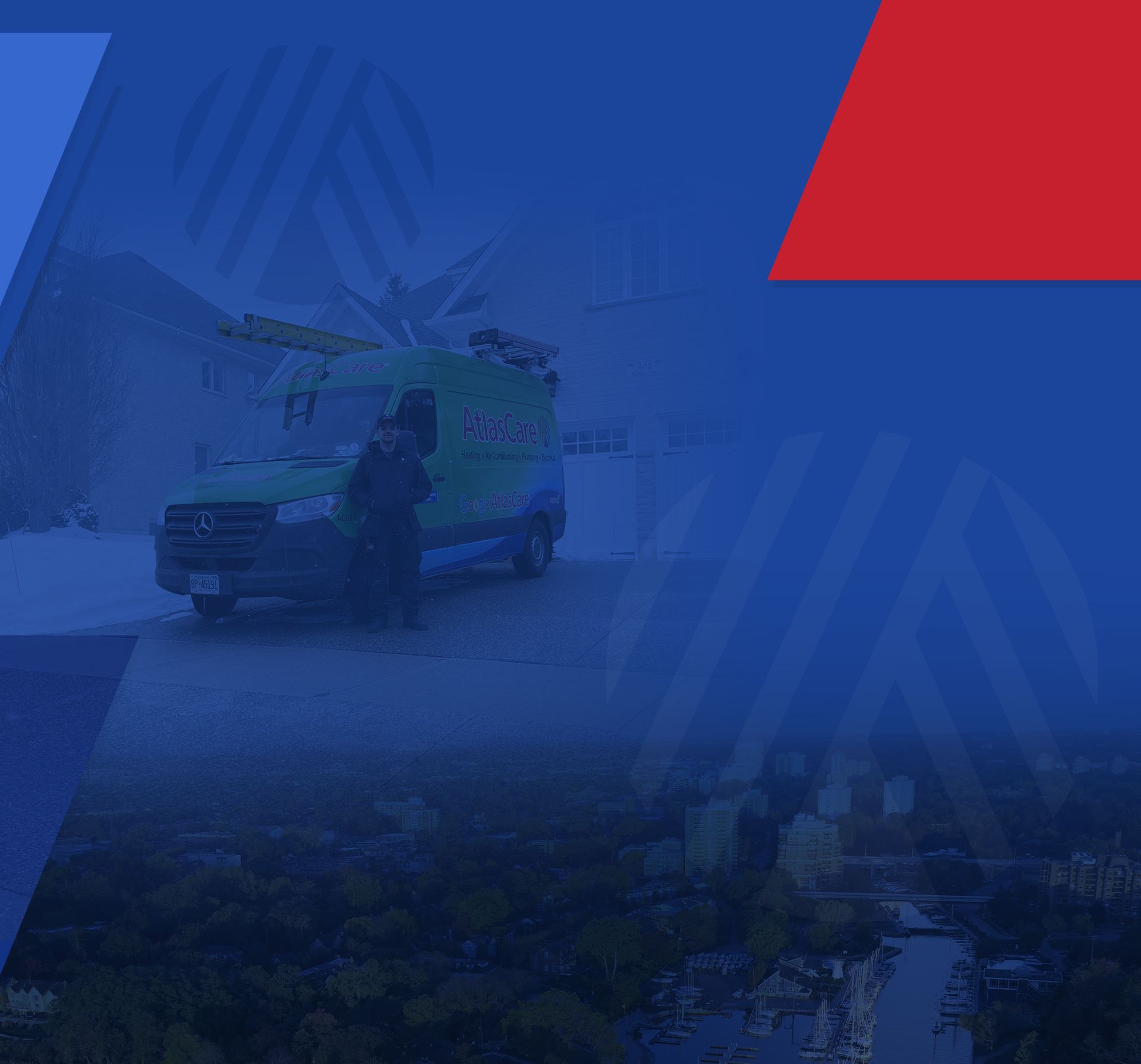
-
Promotions
-
Don't Pay Til Next Summer
Get a New Air Conditioner Now and Don’t Pay Til Next Summer!
-
Get a New Air Conditioner for as little as $17/week!
Beat the heat with AtlasCare. Get a New Air Conditioner for as little as $17/week while supplies last!
-
Get a New Air Conditioner for as little as $69/month!
Beat the heat with AtlasCare. Get a new Air Conditioner for as low as $69 per month* while supplies last.
-
Get a New Air Conditioner for as little as $2.29/day!
Beat the heat with AtlasCare. Get a new Air Conditioner for as low as $2.29 per day* while supplies last!
-
-
Water Heaters
-
How Often Should I Flush My Water Heater?
Regularly flushing your water heater is important to protect the longevity and efficiency of your system. As a general rule of thumb, we recommend flushing out your water heater at least once a year to avoid mineral and sediment buildup and extend the lifespan of your unit. However, more frequent flushing may be necessary depending on your local water supply. If you live in an area with hard water or a high mineral concentration, it’s best to flush out your water heater at least twice a year to prevent damage and mineral buildup.
-
What Size Water Heater Do I Need?
Choosing the correct water heater size for your residential space will depend on a variety of factors, including:
- Household/family size
- The type and quantity of fixtures
- Your property’s unique specifications
- Frequency of hot water consumption
- Your local climate and groundwater temperatures
- The flow velocity of sinks, washers, washing machines, and bathtubs
It’s important to reach out to a certified professional to make sure your new water heater is appropriately sized and capable of supporting hot water usage in your household. At AtlasCare, our experts can thoroughly inspect your property and recommend cost-effective solutions for water heater installation or replacement!
-
How Long Do Water Heaters Last in Oakville?
The lifespan of your water heater depends on certain factors, including the system type, the water quality in your area, usage frequency, and maintenance history. On average, tank water heaters last around 8-12 years. While investing in regular maintenance can help extend the lifespan of your tank water heater, such as draining the tank to remove sediment, these systems won’t last as long as tankless models.
Tankless water heaters can last 15-20 years or more, making them a popular choice for homeowners to enjoy long-term savings. Regular descaling and professional maintenance is key to extend the lifespan of your tankless water heater and keep it operating efficiently, especially in areas with hard water.
If your water heater is approaching the end of its lifespan, investing in a suitable replacement is essential to avoid unexpected breakdowns and costly damage. With nearly a century of experience serving Oakville homeowners, you can count on AtlasCare to recommend suitable replacement options and provide top-quality installation tailored to your needs!
-
-
General
-
Air conditioners vs. furnaces: Which is more expensive?
The price to purchase and install a new furnace or AC unit is relatively similar. However, it’s important to look past your initial investment by budgeting for the costs of operation and maintenance. Generally, furnaces will be more expensive to maintain than air conditioners because they require more energy to heat your home, resulting in higher energy bills.
-
What size furnace do I need for a 1,500 sq. ft. home?
If your residential property is approximately 1,500 square feet in size, you’ll need a furnace with an output of 40,000-90,000 BTUs (British thermal units) to distribute adequate heat throughout your home. Our HVAC experts can inspect your property and recommend a suitable furnace size based on your preferences and budget!
-
How much does it cost to install a new furnace or AC unit?
The cost of installing a new furnace or air conditioner in your home will depend on the size of your home, the type of unit you buy, and the age and condition of your home’s ductwork. For your convenience, AtlasCare offers detailed estimates and same-day installation for furnaces and AC units!
-
How long do furnaces last in Oakville?
The exact lifespan of your furnace will depend on certain factors, including the type of furnace, the size of your home, and maintenance frequency. Scheduling regular maintenance from a licenced technician is key to extending your furnace’s lifespan. In Oakville’s climate, gas furnaces typically last around 15-20 years, while electric units can last up to 30 years with proper care.
At AtlasCare, our seasoned professionals offer preventative maintenance plans to extend the longevity of your unit and keep your furnace operating at its best!
-
How much does HVAC cost?
The cost of residential HVAC services varies significantly between homeowners, making it tricky to put a price tag on heating and cooling services. For example, the cost of replacing an air conditioner or furnace is different from installing a boiler or ductless mini-split system. The total cost will depend on several factors, including:
- The type of service (installation, repair, or maintenance)
- The type and quality of the product
- The complexity of the project
- The size of your home
- Past maintenance frequency
- Any existing damage to your property
Keep in mind that the upfront investment is just one part of HVAC costs. While it’s important to consider the price of installation, it’s equally important to budget for long-term operation and maintenance costs.
At AtlasCare, we offer detailed estimates to give you a better understanding of pricing based on your property’s unique specifications.
-




